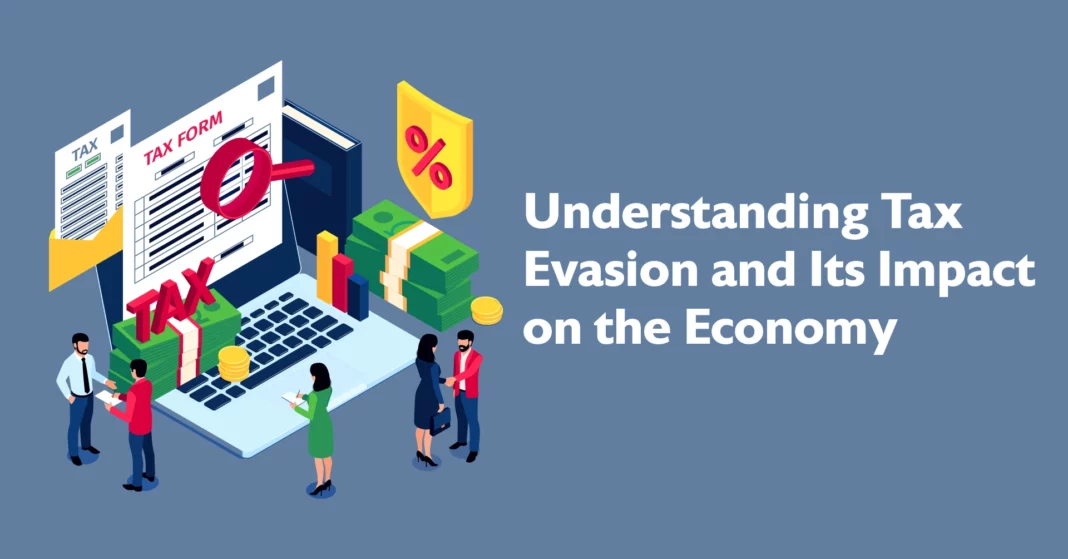Taxes are a crucial source of revenue for the government. Taxes are charged on income and the goods and services that we consume, known as direct and indirect taxes, respectively. These taxes are utilized by the government for infrastructure spending, defense, public welfare, and running its day-to-day operations.
While many pay taxes, there’s a significant number of people who do not like paying taxes and find various methods to evade it. This practice is known as tax evasion. Tax evasion involves deliberately misreporting income, inflating deductions, and using illegal means to reduce tax liability. This act has serious implications for the economy, creating money that should not be there and paving the way for black money, which harms the progress of the circular economy.
Tax evasion is an offense in most countries, including India. In countries with tax regimes, evasion is considered a crime. Most governments, including India, have revenue authorities like the Income Tax Department, which check for unreported income or unclaimed earnings to avoid tax. These authorities carry out investigations to find tax evaders. While tax evasion can be seen as a moral or philosophical issue, widespread evasion can significantly impact the economy.
The Impact of Tax Evasion:
- Reduces revenue for the government: When individuals or businesses evade taxes, it directly reduces the government’s primary source of income. This loss of funds hampers the government’s ability to finance essential public services, infrastructure projects, defense mechanisms, and welfare programs for the needy.
- Creates a burden on law-abiding citizens: Tax evaders gain an unfair advantage over those who dutifully pay their taxes. This loss of revenue can lead the government to revise tax structures, potentially increasing the tax burden on law-abiding citizens.
- Economic distortion: Tax evasion creates an uneven playing field for businesses, resulting in unfair competitive advantages. Companies that evade taxes can offer lower prices or higher wages, disrupting industry norms.
- Erosion of public trust: When tax evasion becomes widespread, it damages people’s trust in the government. The public may view the government as immoral and corrupt, leading to a deterioration of trust.
- Increases costs for law enforcement: Combating tax evasion requires significant resources for investigation, prosecution, and enforcement efforts. This increases the government’s costs in hiring resources and managing the loss incurred due to tax evasion.
To combat tax evasion, the Indian government takes strict action, including audits, stringent checks on individuals, and stricter banking and financial laws. The ideal aim is to foster a transparent culture that encourages voluntary tax payment.
Conclusion
Tax evasion undermines a nation’s financial stability. By depriving the government of much-needed revenue, it forces the government to rely more on indirect taxes and other measures to meet its financial needs. As responsible citizens, it is our duty to pay our fair share of taxes to ensure the progress and development of our nation.
Also Read: The Impact of FDI On The Indian Economy In The Last Decade
Josie Patra is a veteran writer with 21 years of experience. She comes with multiple degrees in literature, computer applications, multimedia design, and management. She delves into a plethora of niches and offers expert guidance on finances, stock market, budgeting, marketing strategies, and such other domains. Josie has also authored books on management, productivity, and digital marketing strategies.


